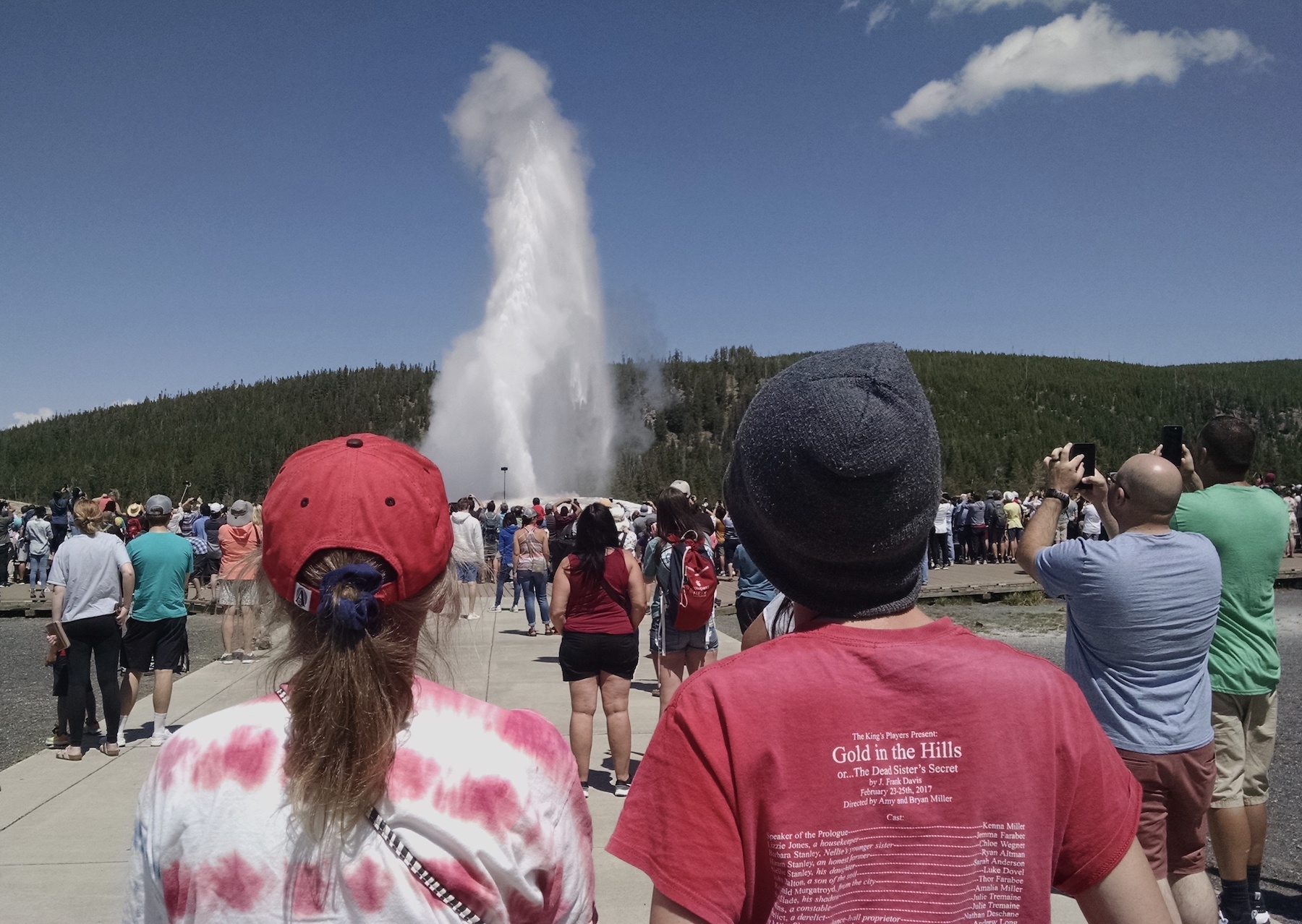Visiting a Kiwi Fruit operation in New Zealand. The team’s activities included unique transportation.
"Coming together is a beginning. Keeping together is progress. Working together is success." Henry Ford
The Reality.
It's great to be part of a team . . . accept when it's not.
Organizational structures are changing and one of the strongest trends is toward the adoption of a team approach. Old, worn-out Organizational Hierarchical structures are being de-emphasized. Businesses are being re-visioned as a "team of teams." Employee engagement is the fuel used to power the dynamics movement of the team . . . and that's fine; in fact it is something I would even encourage . . . as long as we recognize that teams and a team-like structure has its limitations too.
Like any tool, teams are good for doing what it is teams do well and, again like most tools, they can be lousy or even dangerous if used for a different purpose. The key, I believe, with any business tool is to use it intelligently. To understand how teams work and what they are best used for . . . noting both their strengths and weaknesses.
Team Myths
So, I think it's time to review a few myths about teams.
1. Teams make work go more quickly and achieve more. It's true they can do this but sometimes they have the opposite effect. Employee's won’t risk being honest about mistakes and learning how to drive to superior performance. Mistakes are not learning opportunities that help the team build superior performance.
2. Teams help identify who is responsible for the outcomes. A group named Acapella had a song that illustrates the danger: "Everybody said that anybody could do, The important things somebody should do, Everybody knows that anybody could do, All the good things that nobody did" Teams at times can obfuscate responsibility and hide a lack of action.
3. Teams are easy to manage. Right. Just like the idea that a dating couple are just like two people. Groups of people are complex and managing them is challenging. Even the best employees have distorted views of themselves and others on the team. (See Employee’s Lie!)
4. Teams minimize the impact of a destructive employee. A strong team with good leaders can have this effect. However the reverse can be true as well. Sometimes a strong personality can dampen and control the group--for some reason the word "political campaign" just jumped to my mind.
5. Teams increase the probability of setting goals. Teams can do a good job of this if . . . they have a good process, a strong leadership, and a relatively healthy group dynamic. At other times "too many cooks spoil the broth" and the group is a barrier.
6. Conflict, or lack of conflict, is the mark of a successful team. Conflict, or the lack of conflict, can be a bad sign. Success is not dependent on this as a variable. To little conflict and you may have an ineffective group getting nothing real done. Too much conflict and the conflict itself will be all the group can focus on. In fact, how a leader’s respond to problems reveals a lot about their leadership values.
7. Having the right size of team correlates with its effectiveness. Here I would point you back the the purpose of the group. What is it to be used for? While group dynamics are a factor . . . the purpose of the group needs to be the decisive factor in the planning.
8. Once team members are comfortable, performance will decrease. Yes, the old adage “familiarity breeds contempt” can describe established teams . . . but not the best ones. When trust and safety is high, and there is a sense of safety in being open and vulnerable, then groups do their best work.
9. Everyone works best in a team format. People cannot be so easily categorized. Leaders need to understand how different people react to being part of a team and create work contexts to support different types of learning and performing. Some employees need a quiet space and time alone to do their best work for the team.
10. Teams are not susceptible to developmental changes. Groups develop over time. Early studies of group processes talked about how groups pass through different stages. An early one (Tuchman, 1965) described stages where groups develop through four stages: form, storm, norm, and perform. I have had managers questioning a group's efficacy based on one initial meeting . . . before the group really had even "formed" . . . and I have had to explain the developmental process of groups to help the leader engage the group and help it move to the performing stage.
Well, that's it. There are my thoughts . . . for now . . . about teams. I'll leave you with one more quote from one of the greatest individual performers . . . that led to great team success.
“Talent wins games, but teamwork and intelligence wins championships." Michael Jordan
Teamwork . . . and intelligence.
Engaging Your Team: A framework for managing difficult people.
Free eBook: Engaging Your Team: A framework for leading “difficult” people.











